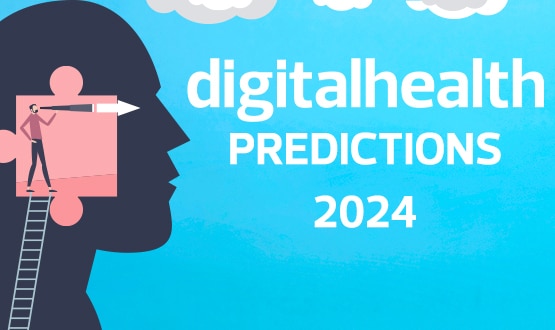NHS Greater Glasgow and Clyde goes live with Orion Health Medicines
- 16 January 2019

Clinicians and GPs in Glasgow will have a greater knowledge of the medicines a patient is taking thanks to the roll-out of a new software system.
NHS Greater Glasgow and Clyde (NHSGGC) has gone live with Orion Health Medicines which provides information on a patient’s medication when they are admitted to, and discharged from, hospital.
The software enables a patient’s complete medication history to be contained in their record, giving clinicians an idea of what they are prescribed when they are admitted to hospital.
Similarly, it allows GPs to see if any medication was changed, stopped or prescribed when a patient is sent home through immediate electronic discharge letters.
NHSGGC has completed the roll-out at the Queen Elizabeth University Hospital in Glasgow and is now using the system for medicines reconciliation across 11 hospital sites, with 77,000 immediate discharge letters generated.
The system uses information from the Scottish Care Information, a national system that integrates primary and secondary care, and then matches it with data from the national Emergency Care Summary, which draws information from GP systems.
This gives clinicians and GPs a clearer view of the medication, alongside drug information, from previous hospital admissions.
As a patient moves around the hospitals, the system adds further information from their patient administration systems.
When a patient is ready to be discharged, it populates the immediate discharge letter including updated discharge medication information.
Health bosses plan to integrate the new software with an e-prescribing system over the next few years.
Alastair Bishop, programme lead at NHSGGC, said: “Clinicians have said it is helpful to be able to see what medications patients were taking last week, six months ago, or last year.
“Being able to see what has changed gives them useful information about how a patient’s treatment has progressed.
“This can give clinicians a more complete picture on which to make informed decisions about any changes that need to be made.
“Previously, stopped medication might be omitted from the discharge letter, meaning it wasn’t clear to the GP whether this medication had been deliberately stopped.
“We’re seeing benefits in that patients’ discharge medicines are reconciled with their admission medicines, hospital clinicians can spend less time manually transcribing medicines information and GPs are not having to chase the hospital to find out why certain decisions around medications have been made during a patient’s stay.”
Last year New Zealand-based Orion Health posted losses of £20.9m and cut 177 jobs internationally.
The company undertook a “strategic review” which resulted in selling off its Rhapsody business to HG, Orion retains a 24.9% stake.




